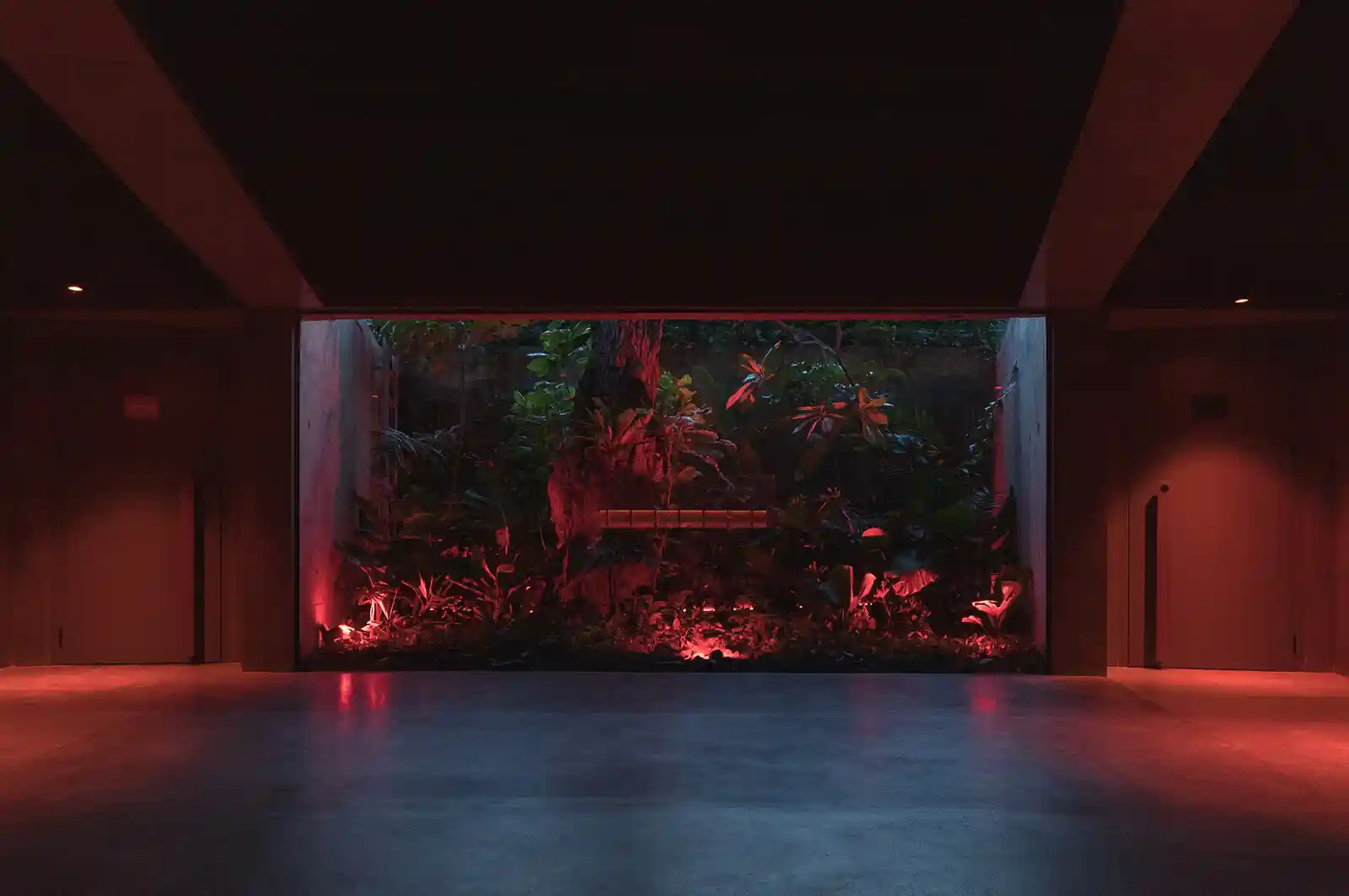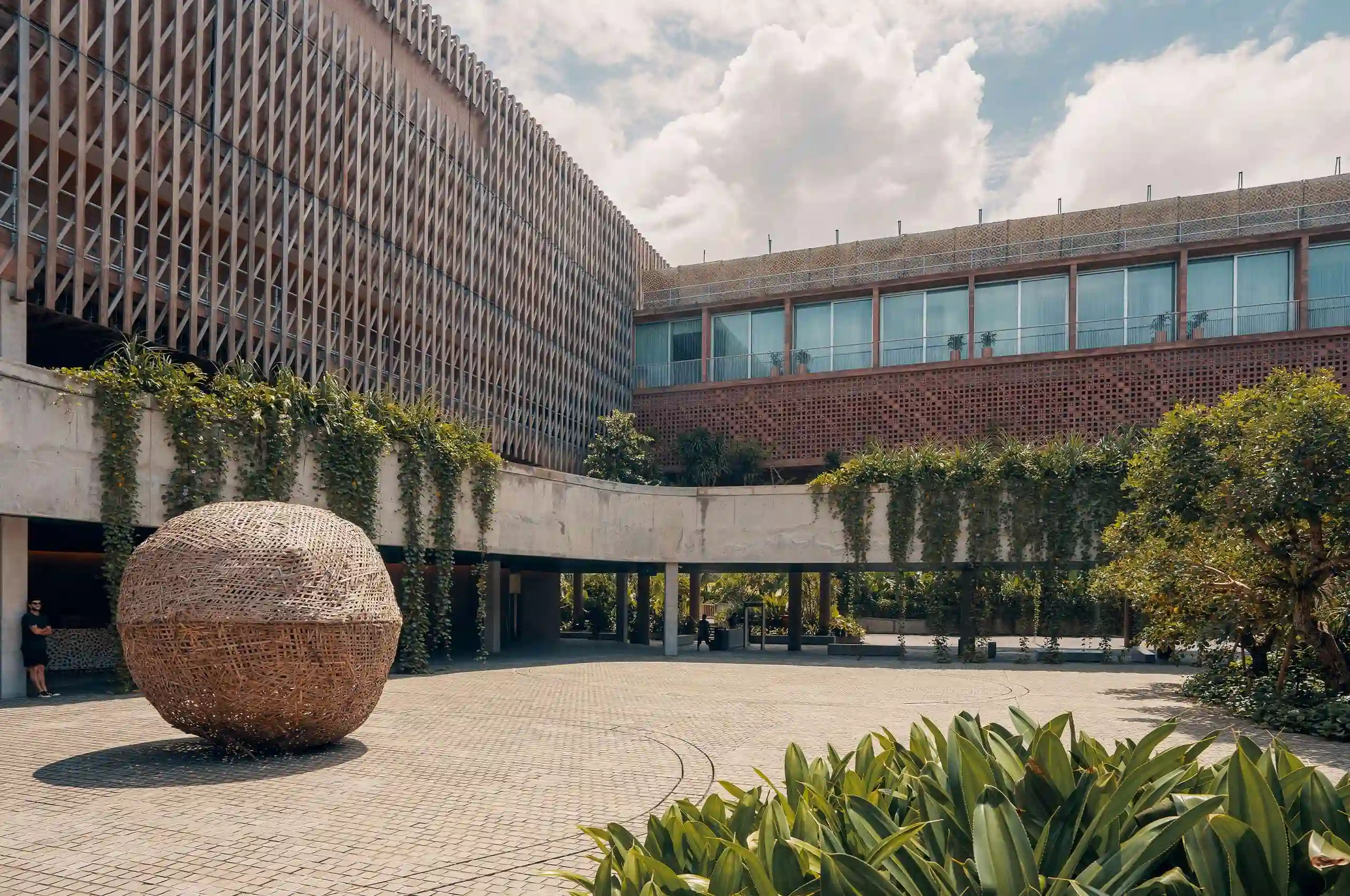Bali is a province in Indonesia that, in 2024, attracted 6.3 million international visitors. As one of Southeast Asia’s most popular tourist destinations, known for its natural beauty and rich traditional culture, the island was partly popularized by Elizabeth Gilbert’s 2006 book and 2010 film adaptation of Eat, Pray, Love, meaning Bali has seen its share of the worst that traveling has to offer.
On April 12, a 27-year-old American tourist was deported from the island after thrashing a medical clinic, throwing furniture, tearing down curtains, and frightening other patients. Two days later, Bali Governor Wayan Koster proclaimed he would have “no mercy” towards disrespectful tourists as he looks to implement new regional regulations cracking down on misbehavior. “Bali is an open house. But that doesn’t mean you can do whatever you want,” Koster said in a statement.
A day before the incident, I (uncoincidentally) took an ungodly morning flight from Manila to Denpasar for a trip to Bali’s Desa Potato Head that, though booked weeks in advance, seemed to come at the most inconvenient time. Everyday life has become a battle of doing as much as I can with as little time, where being busy straddles a fine line between “making the most out of it” and burning the most out of me.
Nevertheless, I am here in a self-described “cultural village,” located along Petitenget Beach in Seminyak, for a dopamine reset, despite being so exhausted that even the smallest disruption feels unbearable. Potato Head began as a Jakarta-based restaurant in 2009, and the Desa (as the staff endearingly call it, meaning “village” in Indonesian) boasts 225 rooms and eight restaurants. It has a beach club, boutique store, and other hyper-specific amenities for the public and hotel guests — the latter staying in Potato Head Studios and Suites, which is just one part of the Desa. The spa offers massages, but also intravenous drips, energy healing sessions, and astrology readings. There’s a fully equipped nightclub and a radio station looping guest-hosted shows through the in-room entertainment system.
Desa Potato Head lives by the motto “Good Times, Do Good,” and is among the World’s 50 Best Hotels, ranked 21st in 2024. I first heard about Potato Head through my boyfriend, who swooned me with his Potato Head aloha shirt, adorned in illustrations of palm leaves and Balinese Legong dancers. Ari, the hotel chauffeur, wore the same shirt when he picked us up from the airport. In the car, we were welcomed with gifts like face mist, peanut butter energy balls, and a cold scented towel.
Potato Head is known around the world for its “sustainable hospitality,” which might throw some people off. After all, the hospitality industry is one of the biggest environmental polluters globally. A study from 2023 named the Philippines as the world’s largest contributor to ocean plastic waste, accounting for nearly 37 percent or 3.3 kg per capita. With that said, as a Filipino, sustainability still feels like a distant concept to me, a pursuit that is almost always at the expense of something else. Does sustainability for the environment equate to sustainability for my wallet? Is fixing a broken system that I did not create really my burden to carry? To many, sustainability is an aspiration, not an obligation, a shibboleth of The White Lotus elite in their quest to turn entire lands into lifestyle playgrounds. And with rooms at the Desa starting at 4,000,000 rupiah per night (around P13,000), the whole thing might be hard for some people to take seriously.
But alas, I am a guest here, and I’ve put this entire trip on myself. I really shouldn’t speak unless I’m spoken to.

April is considered low season in Bali, so the Desa was quiet when we arrived. As you pull in the driveway, the concrete courtyard is noticeably wide. Foliage drapes from the terracotta bricks that enclose the open-air space at multiple levels. The building sits slightly elevated, seemingly positioned to frame a direct view of the Indian Ocean. The scent of sea salt breeze and woody incense follows you throughout the property. There isn’t a concierge desk, but a half-moon, mosaic bench where the staff sit with you. They spoiled me with more energy balls and a shot of jamu, a traditional Indonesian tonic, whose sharp, peppery flavors of turmeric, galangal, clove, and pandan are delicately layered. The staff tell me that, as part of Potato Head’s commitment to zero waste, I get a free tote bag made of recycled plastic. I also got a stainless steel water bottle with a technicolor swirling pattern on the cap.
Many things in the Desa are difficult to ignore, like the retrofitted ice chest in the mini bar of our “studio,” a chic alternative to the typical ice bucket that quickly melts into tepid water. The print selection included a copy of historian Yuval Noah Harari’s best-selling book Sapiens, and an issue of Apartamento, the interiors magazine from Barcelona. Every corner conjures inquisition, always with an “Ooh, what’s this?” at things like the one wall laid with textured brick that extends to the bathroom, leading to a wood-panelled shower. Natural light also fills the space with warmth as the window faces the courtyard. As one of the last remaining unoccupied beachfronts before Potato Head Beach Club first opened in 2014, the spaces around the Desa intentionally use the stunning sunset light of Bali’s western coast.

All these elements in and around the Desa appear to live in harmony, a principle that is at the heart of Balinese philosophy. The island is the only predominantly Hindu province in Muslim-majority Indonesia, and its traditional culture emphasizes harmony with the divine, with nature, and with others as causes of well-being. This is known in Balinese as “tri hita karana,” a concept that underlies “desa kala patra,” meaning appropriateness of context. It is for this reason that grace, composure, and equanimity are central to Balinese social etiquette. That means no interrupting the non-verbal couple wearing matching military trousers, sitting inside the bunker-like bistro called Dome: the girl with an emerald ring pouts for a selfie, one hand on her chest, tilting her head to show the rim of her red glasses. She hunches over her phone, studiously reviewing the footage, while her companion twiddles his thumbs on the couch. In the pool, a man awkwardly backstrokes, head half-submerged and arms flailing to keep his phone above water as he films himself with the back camera. Another guest wears a bootleg Gucci shirt that says “Gnocchi.” While these leisurely performances may seem jarring at first, it’s also a sign that I should unplug and focus on myself.
So, I booked a Light Sound Vibration therapy session at Sanctuary, the Desa’s wellness center. Inside, I lay on a custom-made water bed while LED lights pulsed red and white, casting shifting orbs of deep purple and black behind my closed eyelids. The aquatic field recordings of Thai artist NOTEP were laid over gongs, handpans, and singing bowls reverberating through the bed’s built-in speakers, sending vibrations down my spine. Even as I lay still, the liquid in my body, enclosed only by a thick layer of skin, throbbed in sync with the water beneath me, hinting at what the session practitioner called the “blue mind,” a mildly meditative state brought on by proximity to water. But as much as I wanted to believe that I had transcended, I knew I was operating from my anxiously overconnected “red mind,” chattering away about things I couldn’t even recall after the session. Whether I truly felt anything in those 90 minutes is up for debate, but one thing is for sure: I left with a heightened awareness of just how unaware I’d been.
Read the rest of the story in the second print issue of Rolling Stone Philippines, out now on select newsstands and on Sari-Sari Shopping, or read the e-magazine here.






